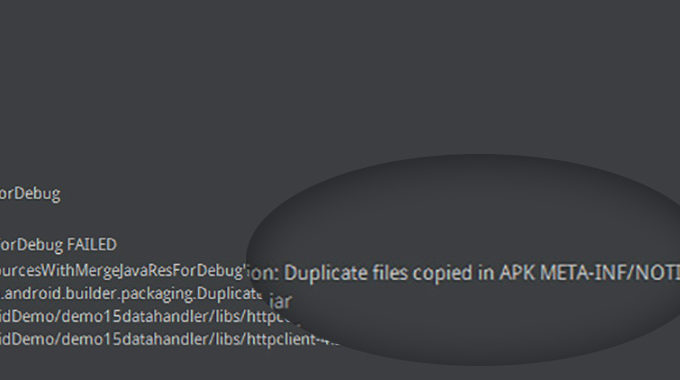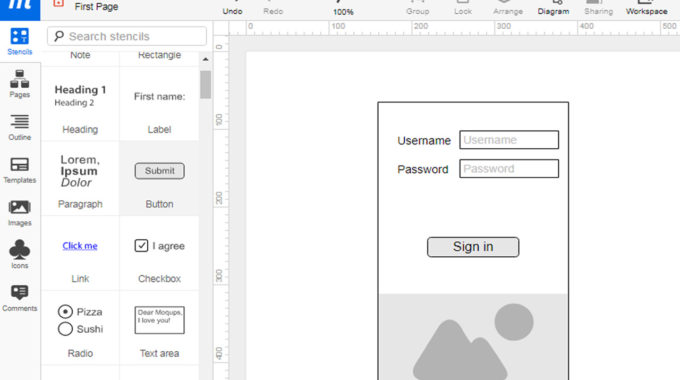Cross Platform Mobile Development
So, you have got a wonderful app idea during a coffee and that you are damn sure it would become a hit in the market if executed perfectly. In some cases, like You know only one phone development platform like either Android or IOS, and you still know that these two are not the only Mobile Operating Systems in the world, you would definitely love learning all the platforms as much as possible.
But commonly when it comes to mobile development you probably develop for two main platforms, either Android or iPhone. Even if these are the two big dominating platforms, there are both advantages and disadvantages in both.
At the same time, you might also aim for Windows and you want to target the massive users of the Windows Store. Not kidding! If your idea is a game, then you might also decide to release it on consoles like Steam and GoG! Some of the successful cross platform games like Limbo and Downwell are examples.
Nothing is less! Target every available platform and earn a huge audience or earn at least a few set of audience from every platform. This will definitely improve your store presence and sales parallelly. Feels Good! but is it really that easy to target every platform with the less known platform knowledge you have? Here is when cross-platform development needs to be considered.
If you are focused to develop the app for Android, then probably you might use Android Studio IDE with Android SDK and selectively the Java language. If you are preparing to develop the app for IOS instead, you might use Xcode IDE with IOS SDK and preferably Swift language. It becomes challenging when you program in one of them and want to port to the other depending on the complexity of the app. Sometimes you might need to rearrange all the assets and resources in the new IDE you choose to port the app to. This might be a days work or even a week of works depending on the nature of the app.
When porting to IOS, you might see a lot of changes like missing back button, a different look and feel compared to Android’s material design, and many others. When you port to Windows you might see a more different design approach there. In such a worst scenario, isn’t it a boon to the developers that cross-platform frameworks exist!
Choosing the right cross-platform framework
But Wait! there are a few problems here too! There are a lot of cross platform frameworks each may have different syntax. Also the IDE’s such as Android Studio, Xcode may not support the integration of such frameworks. To resolve such problems of cross platform mobile development, there are other IDE’s that support and target different programming languages and devices.
As I said, there are many frameworks and here I shall discuss few frameworks that support almost any type of app:
1. Xamarin

Xamarin would be the first choice for many when it comes to cross platform mobile development. It has a large community to give a lot of support, and many other advantages. Also, it has unique targeted design features for Android, IOS, and Windows. You will need to install Visual Studio to work with Xamarin since it comes bundled with Visual Studio and a C# codebase.
Xamarin allows you to test your app on different platforms using its ‘Test Cloud’ feature. The only pain is that you might need to follow a few steps to import a java library to the Xamarin project setup, but still, Xamarin wins the cross platform development race.
2. PhoneGap

While Xamarin allows you to develop native apps, PhoneGap gives you a completely different development strategy of a Web-oriented approach. This framework allows you to build apps using HTML, CSS, and JavaScript. You just need to have basic web development knowledge to make an Android or IOS app! Isn’t this cool! Just imagine how smooth a webpage can run on almost any OS platforms, thus cool is to use PhoneGap on almost any Mobile platforms. This cannot be put into native development list though as it doesn’t include any machine level programming. Of course, you won’t feel all the functionalities of what a native framework can provide you. You will definitely lose a fair amount of functionality.
It still provides many phone features such as camera, music, media, etc. If you need a basic app that needs to display some static information or a google map like if you are building a private business app for your company, PhoneGap is a good choice. PhoneGap is now officially called Apache Cordova.


